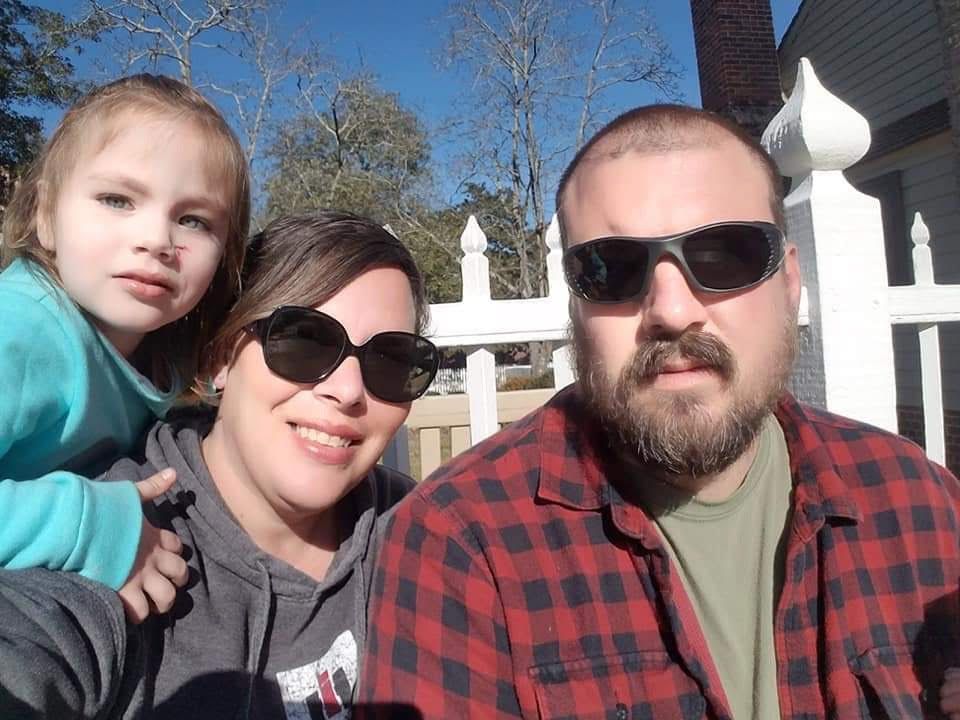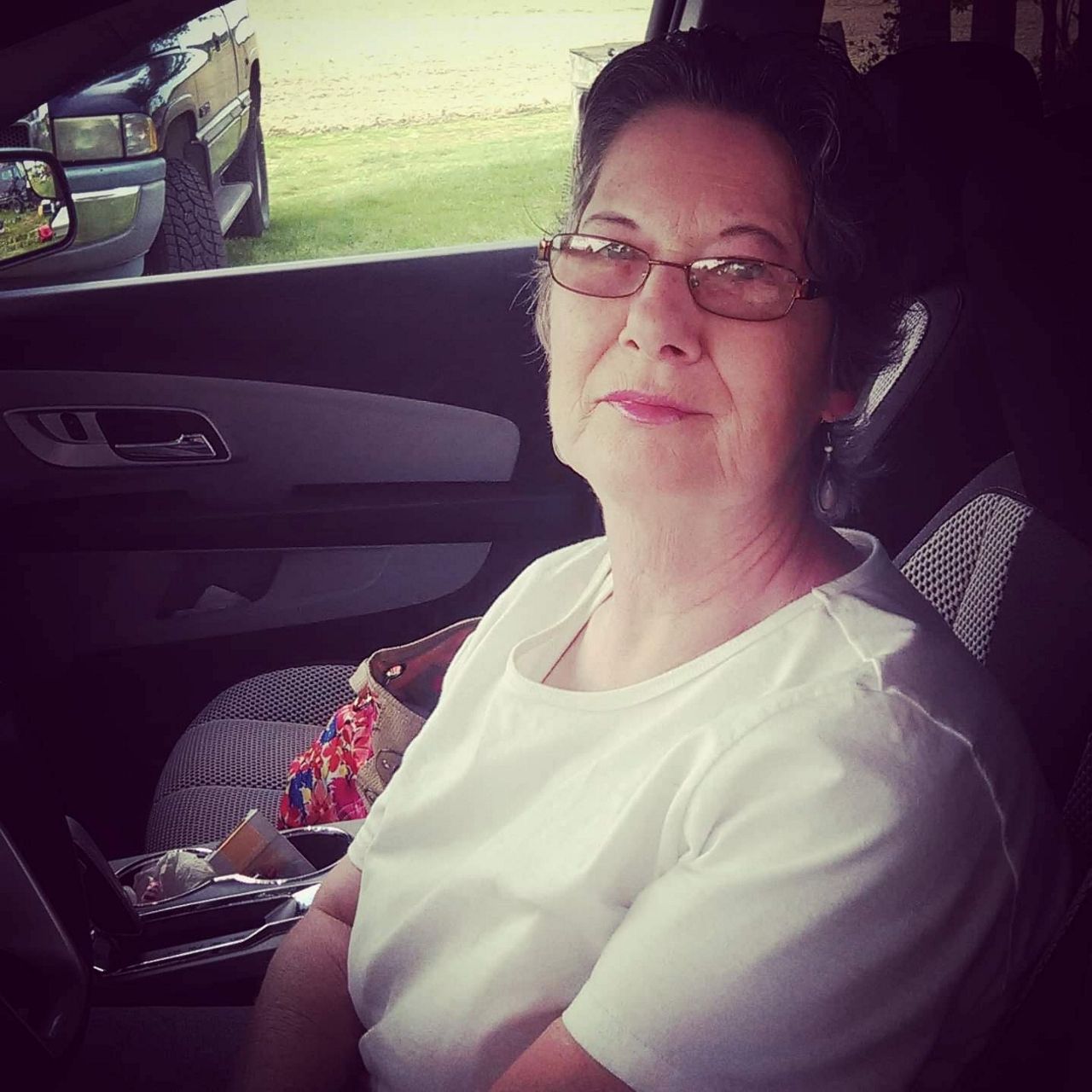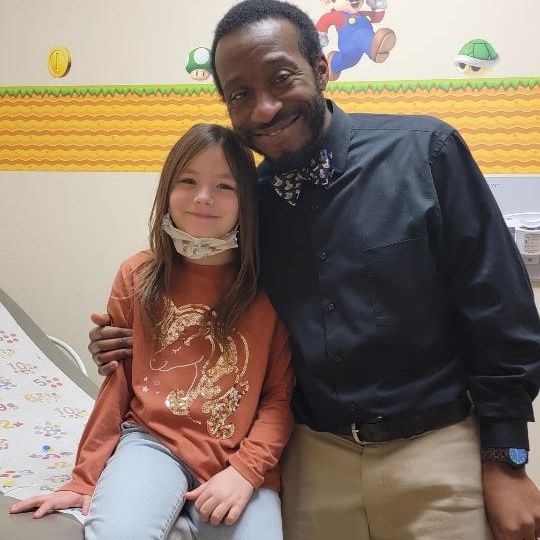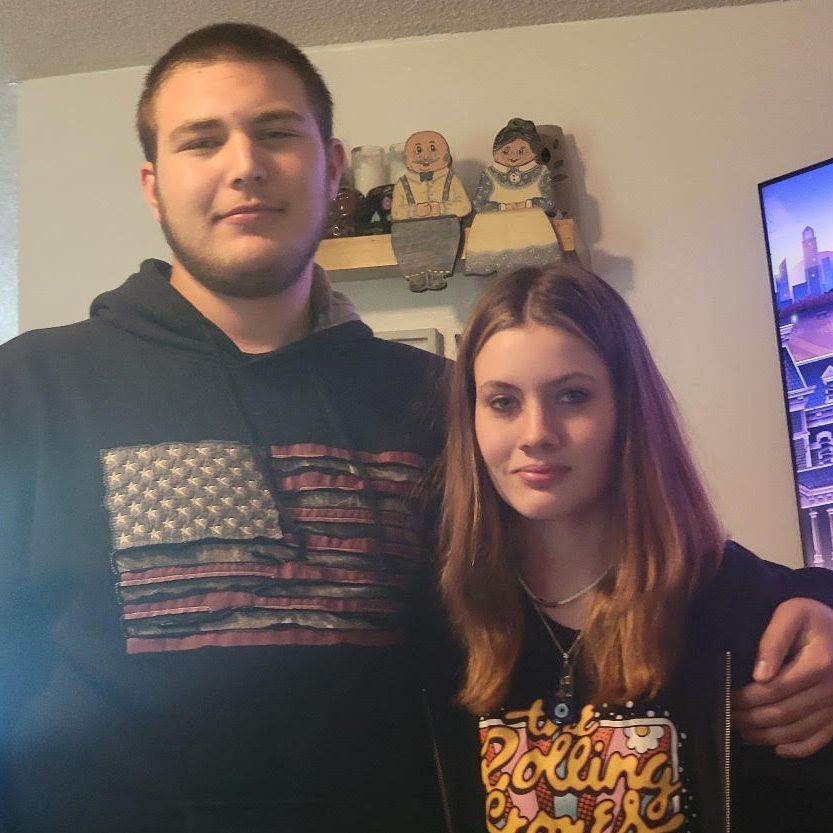Every county in North Carolina has a shortage of health care professionals in some area of medicine.
There is more than one way to explain how this looks on a map. The Health Resources and Services Administration (HRSA) designates a Health Professional Shortage Area (HPSA) by population and geography. In essence, a geographic HPSA is a “shortage of providers for an entire group of people within a defined geographic area.”
This is a living reality in rural eastern North Carolina, where quality medical resources are as precious as gold.
Roanoke Chowan Community Health Center is a diamond in the rough, working to fill the gap in medical care. The RCCHC serves Bertie, Gates, Washington, Northampton and Hertford counties.
The analogies used to describe overcoming barriers to care, such as unreliable transportation, poor quality of water, disadvantaged proximity to exercise outlets and the unpredictable nature of locating nutrition nearby, are not lost on Alan Goddard.
“We have a good size of patients that wouldn’t ordinarily have access to care,” Goddard said.
Goddard, 62, is a physician assistant who works at the Colerain Primary Care office, one of five sites within the RCCHC network.
The PA of more than 20 years makes it his top priority to know his patients’ bills of health.
“You owe that patient some time to explain what is going on with them and make sure they understand,” Goddard said.
The provider meets face-to-face with every person who books an appointment. The small four-walled patient rooms are as intimate of a setting as a therapist’s couch.
“In (the) rural country, you rub elbows with a lot of people. This is my community. I live here. I mean, these are my friends. These are my neighbors. These are my relatives,” Goddard said.
Basic questions like daily prescriptions, current physical health and more are only part of the discussion. Goddard said he has worked mostly in family medicine in the small town of Colerain.
“You got to meet people at their level, and that’s what I try to do. I give them as much as I can,” he said.
Goddard has become deeply entrenched in the community. Based on his own expertise, you can’t provide care if your patient doesn’t think you care in this part of North Carolina.
People like Melissa Rose are happy to even have a set of wheels to drive to a doctor’s office.

“All (the providers) I’ve come into contact with, they listen. They are not going to try to rush you out of the room, and if you have a problem, they are going to try to figure it out,” Rose said.
No one knows the small-town feeling of putting trust in a local medical expert better than this mother of four.

Rose said Goddard was the provider for her mother, Jean Meek. Meek died of pancreatic cancer on Oct. 5, 2019.
“They’re quick to check on you. There’s always someone there that you can call on,” Rose said.
Rose is 41. She, her husband Roger, her son and three daughters live in Harrellsville.
Their family is one of the 17,000 people the RCCHC serves on a yearly basis. The Federally Qualified Health Center, known as an FQHC by the Bureau of Primary Care, offers an irreplaceable array of services, including primary care, pediatrics, behavioral health and on-site pharmacies. There is an opportunity to have many health needs met in one place.
The FQHC is a medical lifeline to so many.
Rose said the bond her family feels is so strong, her children develop trusting relationships with their providers.

She described an unprompted phone call with her pharmacist.
“She was like, ‘I just want to make sure you are good. I know you are coming up close on needing refills’. I was like, ‘Yeah, I’m good. I’ll make it to next week.’ They pay attention to stuff. I feel like it is like that with the whole community. I feel like they are going to catch that if you are struggling,” Rose said.
The mother is not only looking out for her family of six.
Rose confirmed she lives with bipolar disorder, an autoimmune disorder called Hashimoto’s disease and osteoarthritis. The burden of navigating her needs and others often seems daunting.
“If I don’t do it, who is?” Rose asked.
Their youngest daughters Bella and Robin Rose are ages 6 and 4. Because child care costs continue to rise at rates their family cannot afford, Melissa Rose made a joint decision with her husband to stay at home with the girls. Her husband Roger is the family’s sole financial provider and does have health insurance. Melissa Rose confirmed they still do not qualify for certain federal financial assistance because they technically make too much money.

All three of her daughters are diagnosed with verbal apraxia — a neurological condition affecting speech. Their speech pathologists are closer to home.
However, there are times when Rose said they make the hour drive to see a specialist in Elizabeth City or drive more than an hour and 15 minutes to Greenville.
This experience played out in statistics tracked by the National Rural Health Care Association. There are nearly 40 physicians available to every 100,000 rural Americans in comparison to more than 53 physicians to every 100,000 Americans living in urban environments.
Data from the UNC-Chapel Hill Shepps Center for Health Services Research showed 11 hospitals in the state have either closed or been converted to another type of facility since 2005.
This is why for families working to get by, Goddard is a godsend.
“It speak(s) a lot to rural health care because we have a somewhat of a special population,” he said.
The people he treats are special to him. Goddard served 23 years in the U.S. Arny. He expressed how his military service has prepared him to serve people in the place he calls homes.
“It’s gratifying that you are helping the people where you live,” Goddard said.
So many professionals like Goddard, who have stepped into a major void, are closer to the end of their careers than the beginning.
The need for recruiting an eager workforce is at least partially met by East Carolina University. The ECU Brody School of Medicine has a rural residency program.
Young future physicians, like Dr. Zeel Shah, see how real the need is in rural America.
“I think that being a doctor in the rural setting, it's a unique opportunity. You have the opportunity to really get to know your patients inside and outside of your clinic. That allows you more information to really help guide your care,” Shah said.
The Canadian transplant said she experiences the need for better and more hands-on care every day. The resident physician has used social media to widen her reach by creating videos describing her various medical experiences.
“I think being a rural doctor allows you the opportunity to provide meaningful care,” Shah said.



